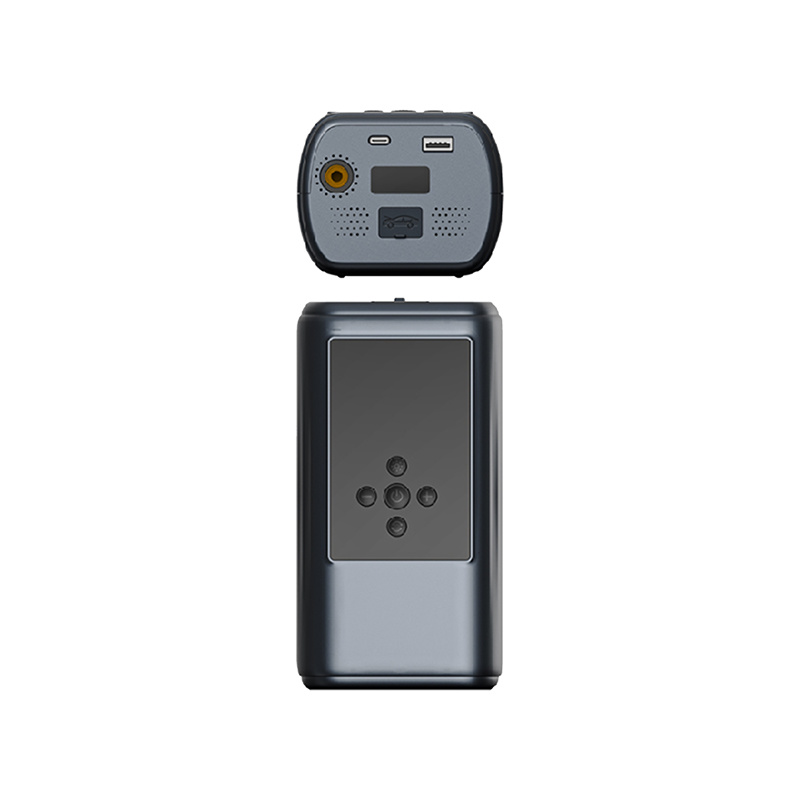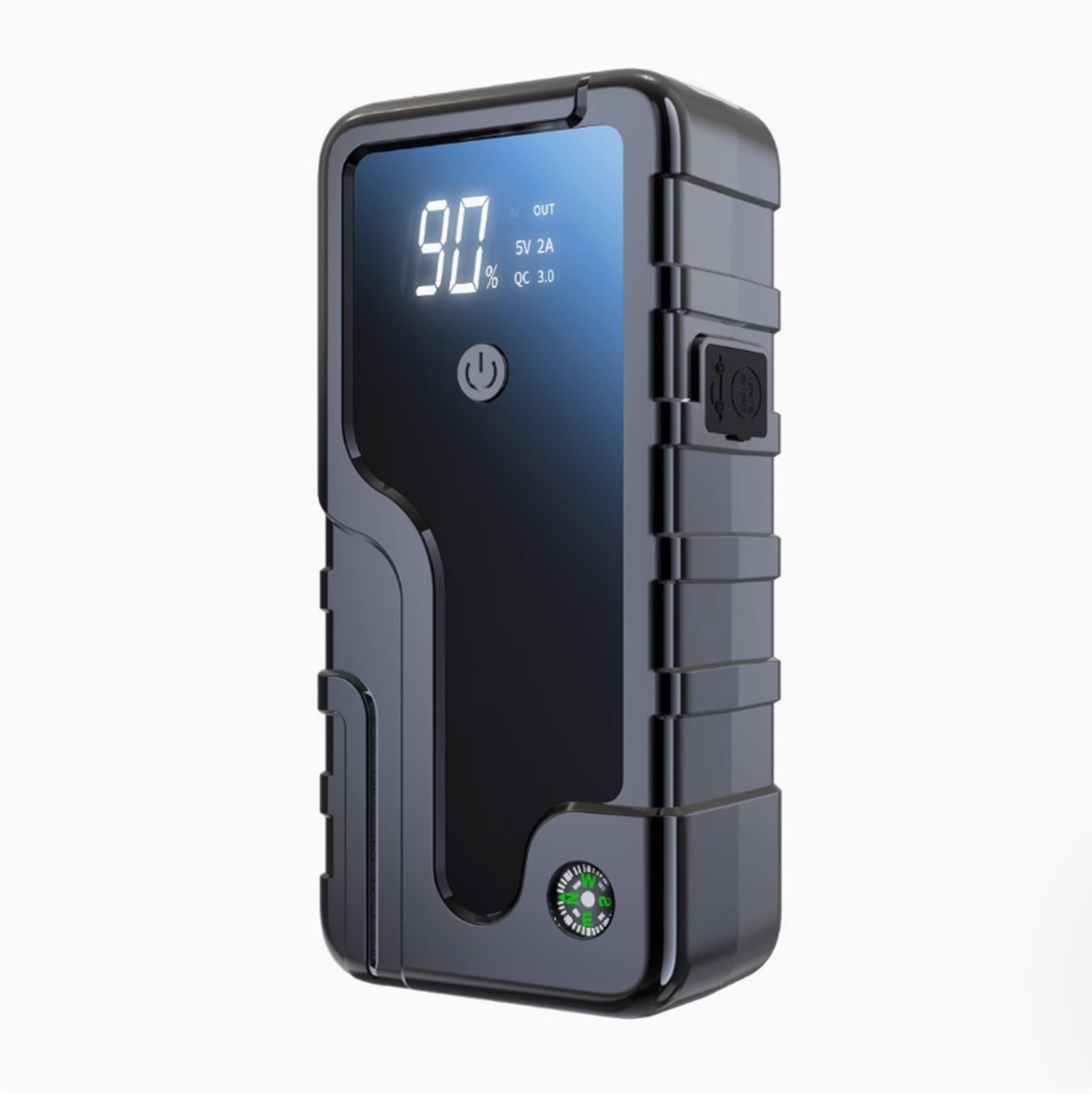Understanding Automotive Starting Power Systems
Time:
2025/10/15
Source:
Author:
Automotive starting power systems are critical for the operation of vehicles. They consist of several key components that work together to start the engine. The primary elements include the battery, starter motor, ignition system, and various electrical connections.
Battery: The battery is the heart of the starting power system. It stores electrical energy and provides the necessary voltage to start the engine. Most automotive batteries are lead-acid types, which can deliver a high burst of current needed for starting. A fully charged battery typically provides around 12.6 volts.
Starter Motor: The starter motor is an electric motor that turns the engine's flywheel, initiating the engine's operation. When the ignition key is turned, the battery sends power to the starter motor, which engages the flywheel and starts the engine.
Ignition System: The ignition system ignites the air-fuel mixture in the engine's cylinders. It consists of components such as spark plugs, ignition coils, and the ignition control module. A properly functioning ignition system is essential for a smooth start.
Electrical Connections: Various electrical connections link the battery, starter motor, and ignition system. Corroded or loose connections can lead to starting issues. Regular inspection and maintenance of these connections are vital for reliable performance.
Common Issues:
Dead Battery: One of the most common reasons for starting failure is a dead battery. This can occur due to age, extreme temperatures, or leaving lights on.
Faulty Starter Motor: A malfunctioning starter motor may not engage or may produce a clicking sound when attempting to start the engine.
Ignition Problems: Issues with the ignition system, such as worn spark plugs or faulty ignition coils, can prevent the engine from starting.
Maintenance Tips:
Regularly check the battery's charge and clean the terminals to prevent corrosion.
Inspect the starter motor and ignition system components for wear and replace them as necessary.
Ensure all electrical connections are tight and free from corrosion.
Consider having the starting system tested by a professional if you experience frequent starting issues.
In conclusion, understanding the automotive starting power system is essential for maintaining vehicle reliability. Regular maintenance and prompt attention to issues can help ensure that your vehicle starts smoothly every time.
Other Information





